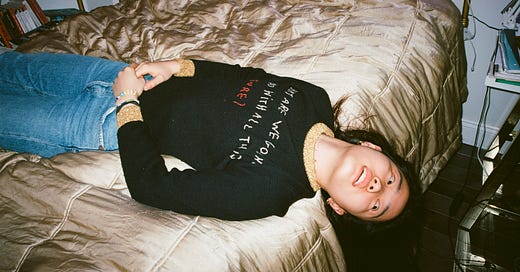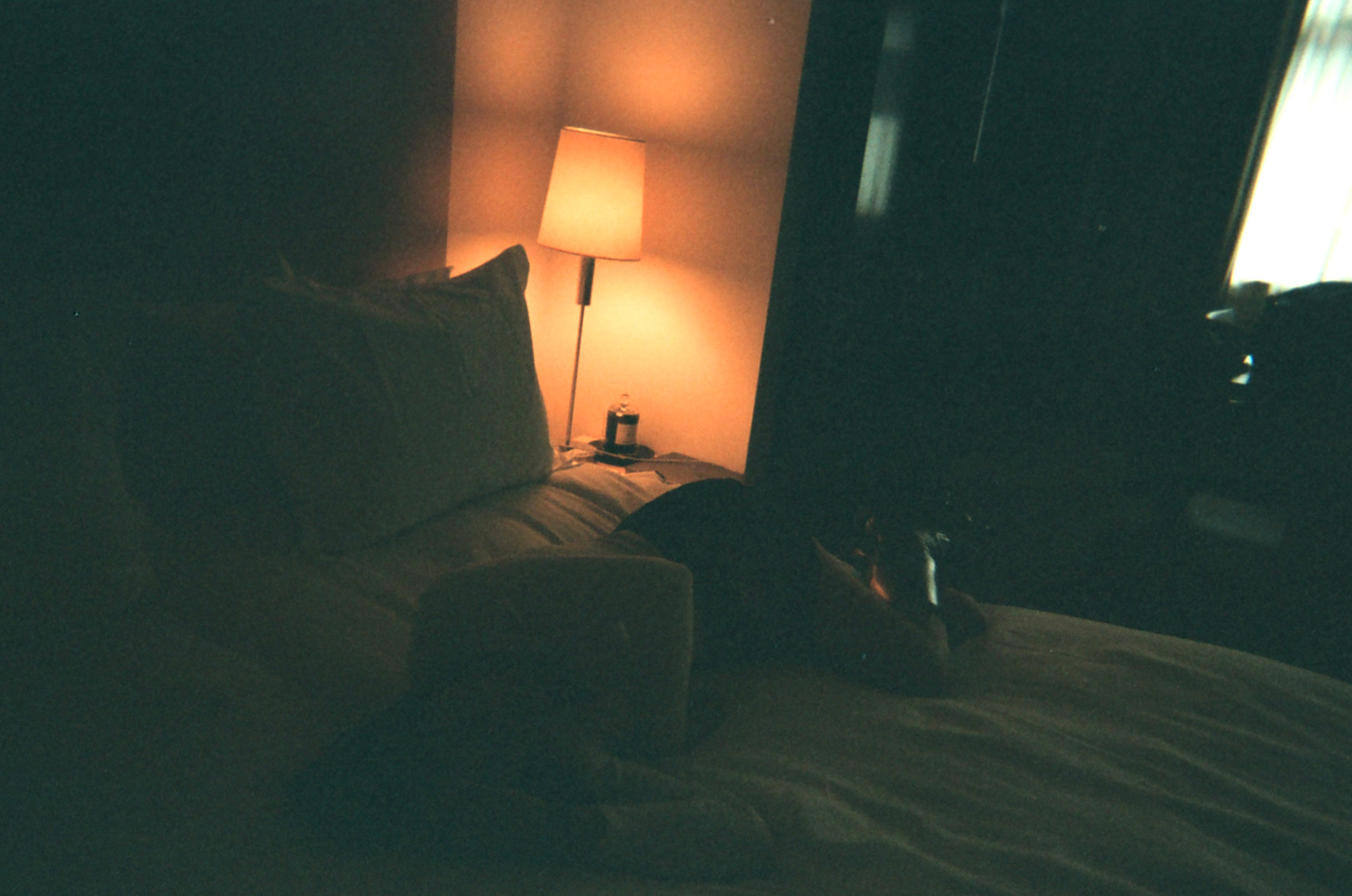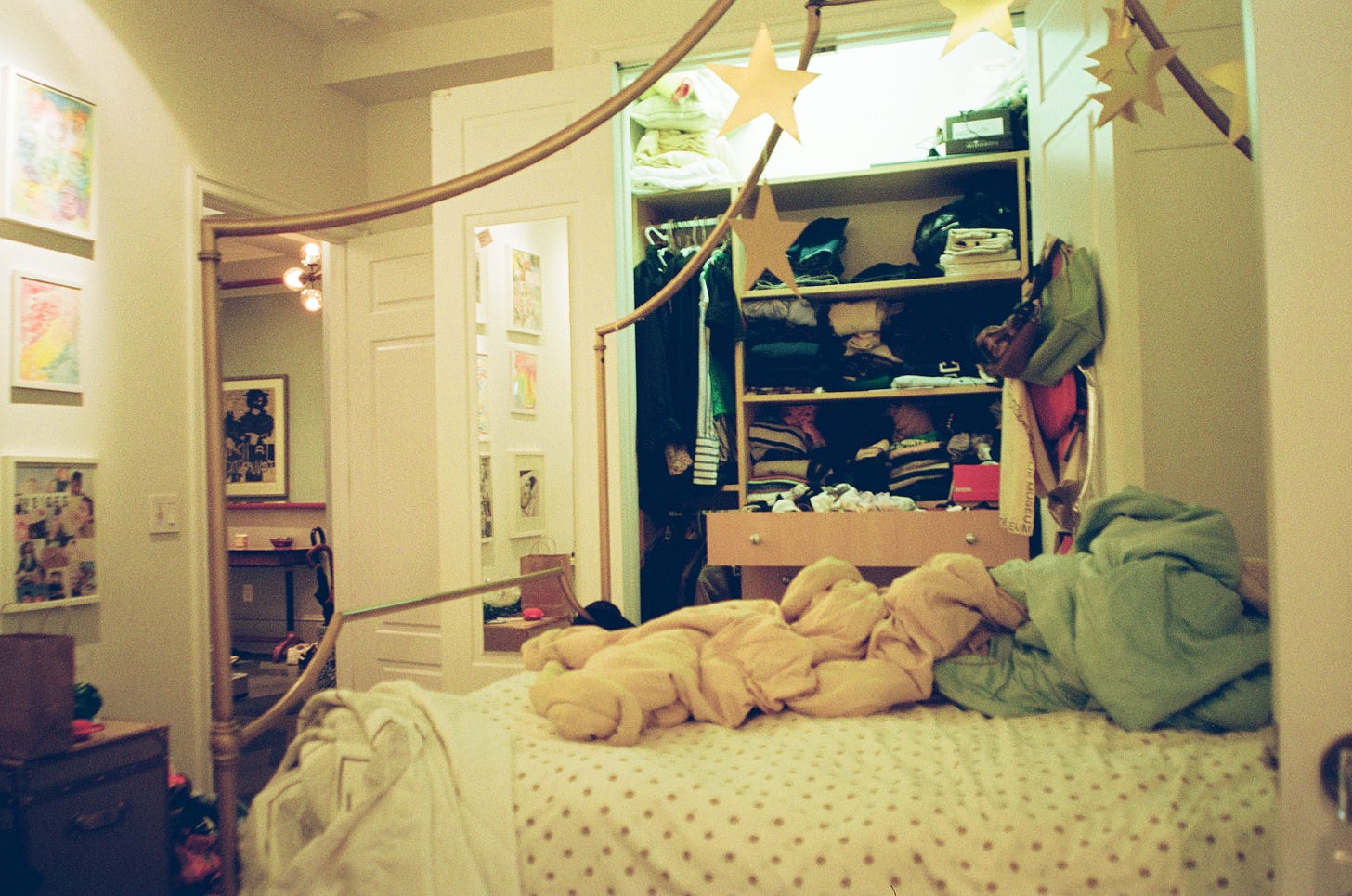I am a horrible sleeper. If I have an afternoon coffee, my heart palpitates for hours. I am always too cold or too hot, I get up in the middle of the night, I have nightmares that startle me awake.
I didn’t fall asleep until 2am last night, and in the morning I was irritable and quiet. So I went home, closed my blinds, and crawled back into bed.
The afternoon nap has become life-sustaining. A quick thirty minutes before dinner and I’m set for the rest of the night. But is it normal to be so tired that a nap is necessary? (Am I acting like a toddler?) To address my research question, I polled my Instagram followers at 1:30pm, asking them how much energy they had right now.
Most of the 113 respondents were college students. The average energy tank was 25% full. Besides a few race-ready outliers, most people heavily leaned toward the the 20-hour-sleep end. Their self-reported depletion was surprising coming from 22-year-olds who should be in their prime.
College is the period in my life that I’ve had (and will likely ever have) the most free time—I only have class for a few hours each day—but I feel just as tired than I did in high school, when I woke up at 7:30am and did not have a single break until I finished my homework and went to bed. The difference is that now, I sleep a lot less.
When I got to Yale, I was in awe of the older girls who stayed out all night and then materialized in the library as soon as it opened the next morning, with their hair done and their faces clean. When I went to parties, I was so physically and socially drained the following day that I’d only leave my dorm to eat in the dining hall. I wondered what it felt like to have unlimited energy.
Maybe it was their extroversion. Even now, after extended periods of socializing, I need to lie in my bed and watch YouTube videos. Three summers ago, when I was living in London, I’d go full days without talking, and when I finally spoke to a friend at dinner or my parents on the phone, I called it “breaking the seal.” But I’m skeptical about the connection between energy and outgoingness. Many of my low-energy poll respondents are definitely not introverts.
In a culture obsessed with hacking sleep, I don’t have many friends who are using mouth tape and sipping magnesium cocktails and shutting off their devices an hour before bed. There are still reverberations of the high school brag “I only slept 4 hours last night” because someone was studying or gaming or watching movies in the dark. Staying up late (and still waking early to get to school) was a symbol of coolness, maturity, and a kind of exceptionalism (the biological rules don’t apply to me!) Sacrificing sleep feels like the easiest way to make more time in the day. It means that you can do it all. But are we all exhausting ourselves in the long term?
I want to pose another way to think about energy that isn’t about how many hours of homework I can crank in the library. Sometimes, when my brain is fried and I can’t read another word, I still am excited to wash and chop and cook ingredients for dinner. There are nights when I come home exhausted, but I end up talking to my roommates until 2am, and am invigorated by our conversation. This contradiction makes me hopeful that energy isn't just about physical rest, but also meaning, engagement, and joy. So many things in this world are replenishing—a good meal or laugh or form of movement—and unlock hidden pools of energy. Yes, we need sleep, but we also need to feel connected to our lives.
Or maybe I need to drink some magnesium and cherry juice so I can sleep through the night.










I think being a student is exhausting because it's very stressful. Like, you're upholstering your life to figure out who you want to be, working hard to get a degree, and developing friendships. Even if you did get enough sleep, you'd be exhausted. I know I am
The fatigue needs to stop. I clicked on this because of the title and i wasnt disappointed. I recently finished up my undergrad and i was sleepy and tired through it all